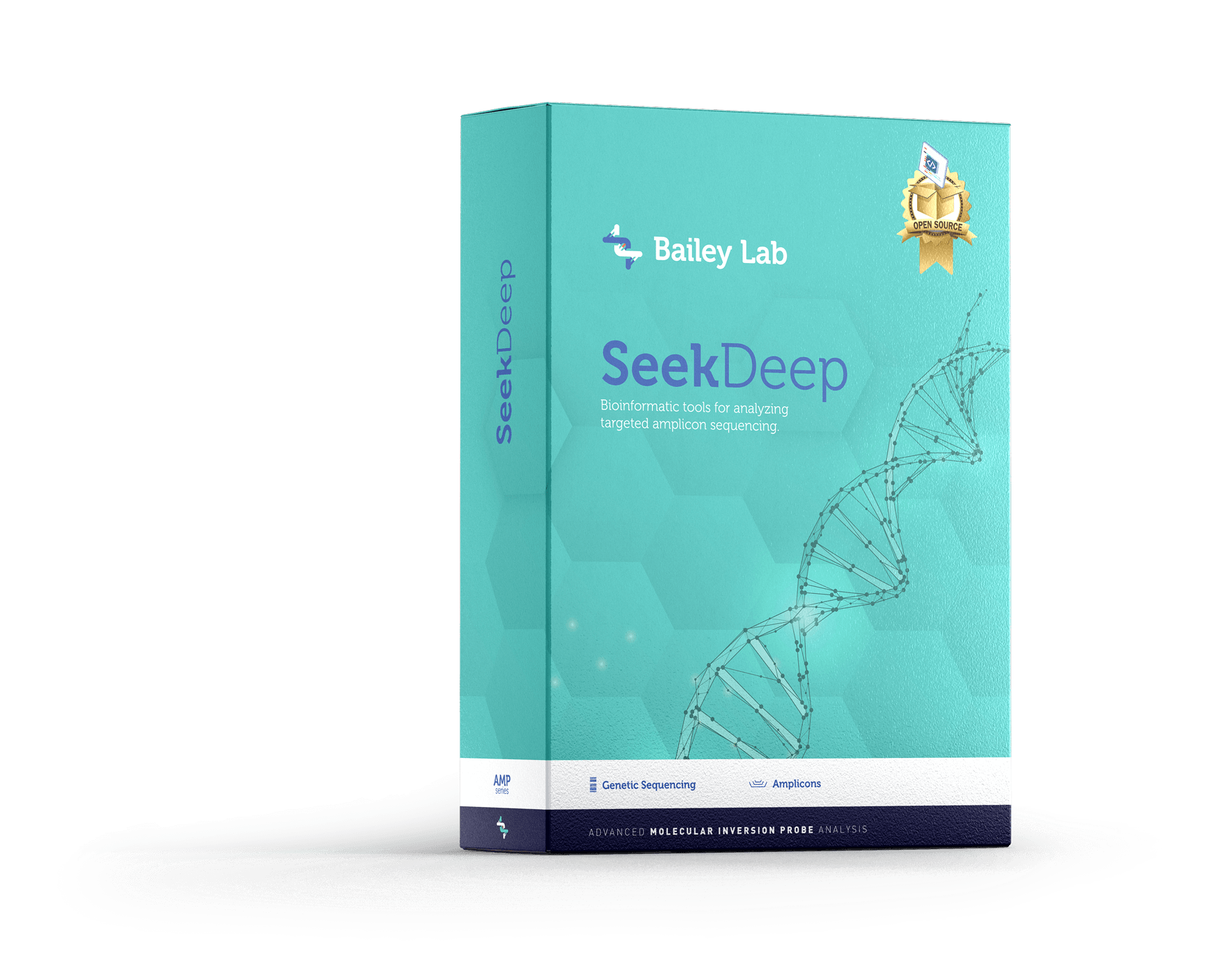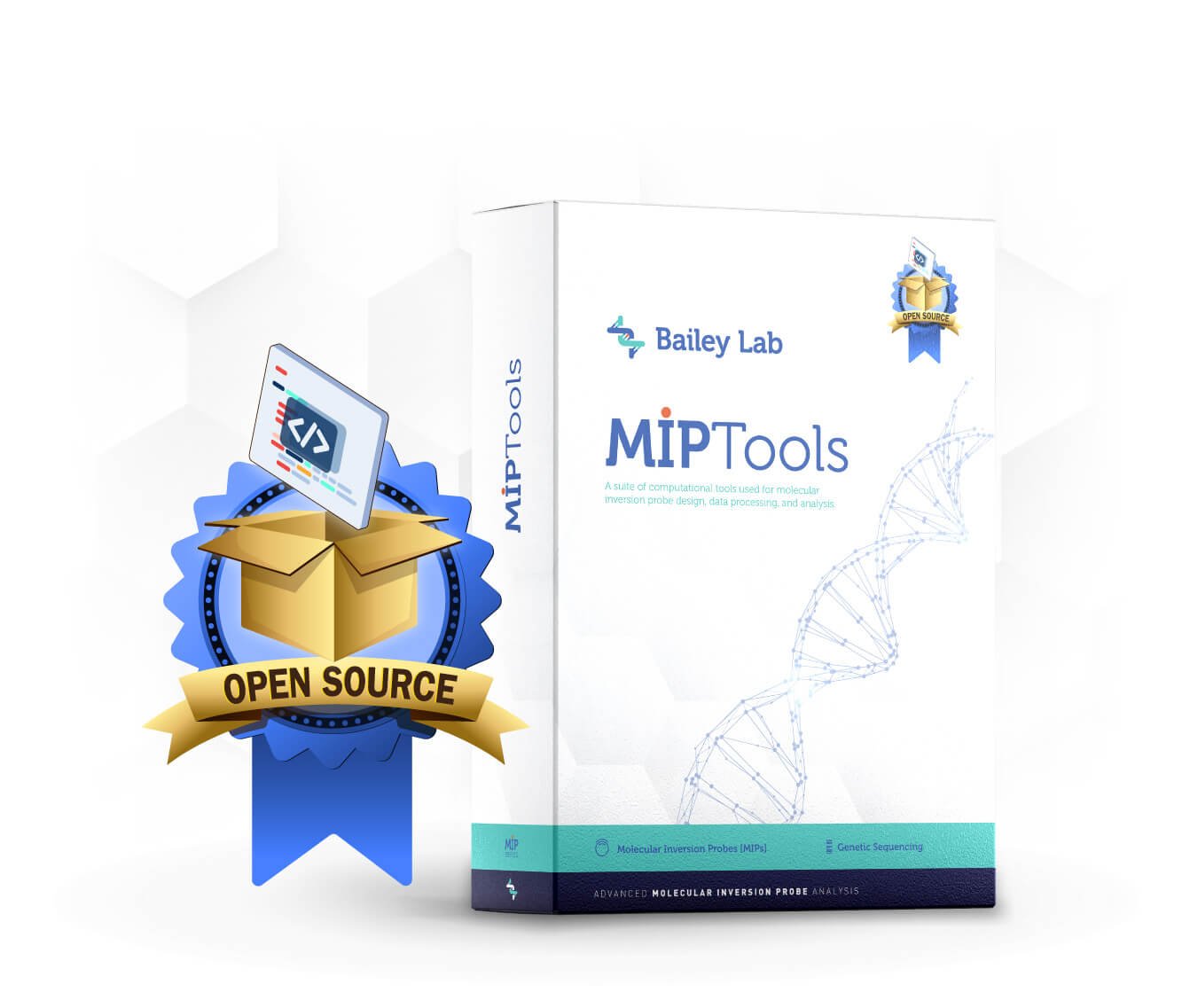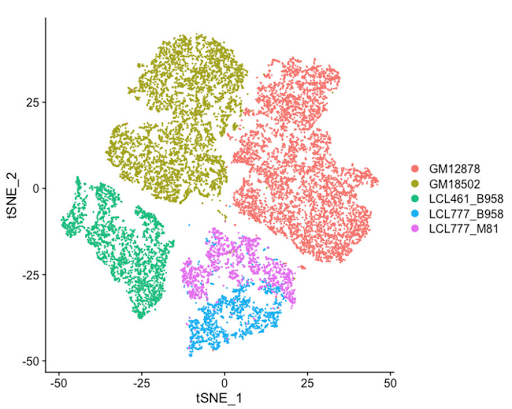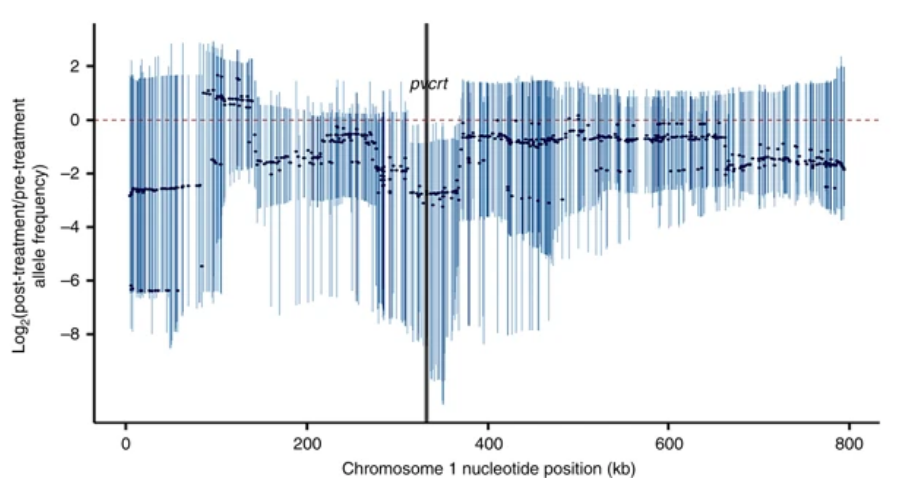Genomics
Experimental and computational approaches leveraging genetics and genomics to study infections and their disease ramifications
An overarching goal is to develop and contribute innovative approaches that are generally useful in investigating biology and disease. More specifically we are interested in applying these techniques to address how humans and pathogens interact leading to direct disease as well as other manifestations such as cancer or autoimmunity.
Questions of interest are:
How does variation in hosts and pathogens alter disease outcomes? Disease is not always the same severity. This can be caused by differences between hosts and/or differences between pathogens dictated at the genetic level.
How do we use variation to track pathogens and there spread? Genetic variation can be used to understand transmission patterns and to track the spread of strains or gene flow. This can inform efforts to control or eliminated the disease.
How is the host and its immune system altered by pathogens? The human immune system has been shaped throughout primate evolution by pathogens — equally many pathogens have altered by host immune pressure.
How do pathogens adapt to immune pressure or therapies such as drugs and vaccines? Technology such as vaccines and drugs have created incredible selective pressures on pathogens. Pathogens can rapidly adapt to circumvent drugs and other vaccines.
How do we create vaccines that are more effective than the normal human immune response? Vaccines normally recapitulate an average immune response. A better vaccine for many pathogens requires going above and beyond the normal response.
How do we cost-effectively scale and improve genomic techniques to improve the power of experimental and field based analyses of infectious disease? Sometimes methods are cumbersome and difficult to implment. We aim to develop processes, experimental techniques and computational algorithms to improve and speed large-scale experiments and field work.








